Donald Thompson III and Kaitlyn Dey are activists at Portland State. They have participated and helped organize actions such as Disarm PSU, 15 Now, and have openly brought up qualms with the president of the university and the Board of Trustees. Dey is a member of PSU Student Union, and Thompson is a member of PSUSU and the Associated Students of PSU. The following Q&A was edited from an hour and a half of conversation they had with the Vanguard.
Thompson
This idea that getting involved locally, and for students that means especially the campus, is what we are most concerned with.
Dey
A lot of organizations in the Portland area in general, including on-campus organizations, are really struggling right now with everything that is going on nationally. Because right now there’s a lot of energy surrounding Trump’s presidency and his executive orders. There’s a lot of people who haven’t been doing activism who really want to get into it, and then they kind of get plugged into bigger organizations that are focusing on more of those macro-issues.
DT
When you focus on that it defuses the power locally. [For us] it’s about how do those national issues make themselves manifest on our campus, and what can we do about boarding that.
Vanguard
How is that helping in these larger issues, where is the crossover?
KD
As student organizers and activists in Portland, we always have to be thinking about what we have the capacity to do, especially organizing on campus. We have the capacity to work on campaigns such as disarm PSU, we have the capacity to speak to the Board of Trustees, to do direct actions at [BOT] meetings, but we don’t necessarily have the capacity to organize around a lot of executive orders that Donald Trump is making. There are a lot of organizations that do and they are doing that right now, and for us that’s a good opportunity to stand in solidarity with those organizations while also focusing on what we are doing on our campus and at a local level.
DT
There is this sort of fallacious idea that activism is more one dimensional than it is. Where people might conceive activism as the most visible forms of activism where [it] has more to do with filling the streets and having rallies and going on marches and shutting things down. That is a powerful part of activism, but you can find a place for yourself in activism that doesn’t revolve around those very visible things.
KD
Focusing on issues you feel really passionate about are things you should be doing, because there’s numerous organizations on campus that focus on different areas. I really think coalition is important in activism, and I think it’s one of the most successful ways to make change. So that’s why I think funneling people into all of these different organizations and then all of these organizations working on things that they have the capacity to do, and then these organizations working in coalition to do these bigger things is going to be one of the most successful ways to combat a lot of the problems that are making people so excited to start doing things.
VG
What is the importance of a protest?
DT
Visability. It’s a visible, tangible expression of unrest. If you see a thousand people saying that something is bad, then it makes you think that maybe I should consider the thing’s bad. A lot of the time protests culminate because the people showing up to them understand that their methods of expressing themselves have otherwise been silenced.
VG
Would you say that since the current presidential election, which was quite controversial for a lot of people, especially locally, would you say that a lot of people that were complacent in the past are starting to come out more?
DT
I think something that’s also important to acknowledge is that here in Portland especially the things that people are showing up for and protesting don’t affect the majority of white folk the same way that it does women, people of color, trans folks, the LGBTQ community at large. I think what’s a really key difference is that the people that can actually turn up in numbers don’t necessarily have the same impetus to. And that’s probably one of the things that really frightens me most is that most of the people I meet in the town have the ability to be complacent in the next four years, they actually don’t by my estimation, but they don’t have that same necessity drives them to that.
VG
People say that university campuses are very liberal. Have you ever heard this or is there any response to that?
DT
What I’m curious about is why someone would try to de-legitimize a protest? I think it’s important to examine what causes a protest, rather than assigning it to some super liberal instance. That’s just a way of invalidating something by not thinking about it. We can certainly ignore people, but we can’t silence them, there’s a difference. People typically protest, in my experience, when they feel like they have to.
VG
Do you think that people on the far right, or people who have views that are not the majority of the campus, are being silenced right now?
DT
I think hate speech is different.
VG
How can we define hate speech so that we can use the definition in a productive way that doesn’t silence people who maybe don’t have bad intentions?
KD
To me hate speech is anything that can be perceived as violent. Because I think a lot of people see speech from like alt-right and white nationalists and think, “Well, they’re not physically hurting anybody,” but a lot of what they are saying, even if they may sugar coat it, is advocating for violence against people.
DT
I do draw a definite line between the alt-right and conservatives. But the problem is that by letting those racist views wind up alongside your own, and not saying anything about it, and not doing anything about it, you are complicit. That’s the responsibility of conservatives is to be able to identify these horrible racist folk who are pushing their views, using them. It frightens me that conservatives are like, “Well, they’re popular and that’s working, so we’ll go with it and we won’t say anything about it.” Until you draw that clear line of distinction between yourself and the alt-right, and be like, “That’s not right,” you are the same.
We can’t tell one another what to think; I don’t like that world. But when you don’t challenge something, you empower someone with mistaken or violent ideals to go and make those manifest. When we realize that the end goal of a racist world view is violence, what do you do?
Where do you draw the line between you are allowed to think that, and what you are allowed to think is going to lead to someone being hurt?
KD
I think there are some people who don’t really have their minds set and just view things in a different lens than how we do, which is why I think conversations like these are so important. I think we have to then paint them a new picture and have them consider things which they may not have considered before.
VG
Do you feel like there are a fair amount of people that feel like they can’t say what they actually believe because they feel like they are not with the majority of the PSU campus?
DT
You know, I think it’s really easy to feel that way. But when you examine how much those individuals are shut down or silenced and look at someone who is, a Palestinian refugee, and how much they are silenced when President Wim Wiewel goes on trips to Israel and sends out emails saying that the BDS resolution is ill advised and divisive, how silenced do you think that individual feels? And they have way less structural power than someone who often espouses conservatism. And so I think that while they are being silenced, and that is important to acknowledge, I think that their capacity to vocalize, “I’m being silenced” is more than that of someone who is a part of a marginalized community. Because I don’t think conservatives are marginalized, I think that their political acumen is less popular here. That is different than having a body that is marginalized. And so what I would say to them is that I hear you and I see you, and I know how awful it feels to be invisible, and I don’t wish that for you, but I need for those people to acknowledge that the situation that they are identifying with is felt so much more implicitly by someone who is marginalized in our country, and the position that they are feeling is just a taste of what someone like me, or that Palestinian refugee that we talked about, or international students, or a trans woman, deal with everyday. Every, everyday, by virtue of things they cannot change. Political opinions are a lot more malleable than we give them credit for.
[We begin talking about a previous night’s high school protest that began on the PSU campus and ended with police in riot gear on the PSU campus.]
KD
We are seeing riot cops, and that’s the difference from a year ago when we were doing rallies on campus and marching around downtown: We never had to prepare for riot cops before, but now that has become commonplace at every single protest I’ve gone to in the past two or three months. When I am involved in any kind of organizing or planning ahead of time, that’s something we think about. Now I’m in meetings and it’s like, “What happens if they start shooting rubber bullets at us?” It’s just very concerning for activism on campus in general to see that kind of response and be fearful of [holding rallies] in the future.
The other thing we were wondering about was what was the coordination between the Portland Police and CPSO? How is CPSO going to respond to protests now that we are seeing an excessive use of force against protesters in Portland in general?
DT
Positioning riot cops next to a protest is a form of intimidation, and you can’t impune freedom of speech and the right to protest. If we allow this to be the norm, then they are going to keep doing it, and at some point they are going to be like, that protest is a riot, and then where are we from there when every protest is a riot?
VG
So you’re saying it affects the way you plan. Do you think it will also lessen or limit you? How does this affect you?
DT
It’s scary, but for me there is a certain necessity that comes from confronting these things, if they don’t, then they become the norm. Not everyone has to stand up to riot cops. There might come a day where that is the case, but that is under a set of circumstances that I do not want to think about. That is a role that needs to be played, someone who shows visibly that we do not acquiesce to intimidation.
VG
It’s important to acknowledge that the protest that did turn into a riot, that had smashed windows, that spooked a lot of Portlanders.
KD
What I think’s most important right now is just reframing what exactly activism is and part of that is recognizing that there is a diversity of tactics, and a diversity of tactics is absolutely necessary. And so when people only have one view of what activism looks like, it really takes away the impact of activism and how there are so many different ways to make change.
DT
That’s what we’re trying to do on campus with the idea that we can reframe what activism and protest looks like, and what it means to us as a city and as a campus. Because activism and protesting don’t need to be only things that happen—rioting or things that result in riots. It’s so much more than that, but Portland at large has seen that and has connected those two things, and so what’s necessary is to foster a different understanding, thereby a different level of trust in activists.
Because I think it’s important to recognize that protesting and getting out there for women’s rights is in the same lane and direction as protesting Trump or protesting ICE agents pulling undocumented folks out of our country. We’re all struggling against the same structure when we do these things and making sure that we draw the parallels.
KD
In the grand scheme of things I think activism is all about building community and making community stronger. I think a lot of that involves diversity of tactics because not everyone is able to do certain things. Not everyone is able to go to marches. Not everyone is able to boycott things because it might be a necessity and difficult to boycott. And not everyone can do sit ins, not everyone can do graphic design to make fliers, not everyone can do phone banking because it might be hard for them to talk on the phone. There is so many different things you can do and in fact that’s absolutely necessary to sustain these movements. So it’s a really good way to build community and also to use the diverse amount of skills community members have.
VG
But [at protests] there’s never a real agreement, right? Because people will go their own way.
DT
Exactly. And I think that one of the parts about respecting the idea of diversity of tactics is when someone goes their own way, to not stop them. Because not only do you then take on the role of the people that you’re protesting against, you fundamentally undo the work that you’re doing when you stop somebody from protesting when you are protesting.
VG
Someone could say that the people who rioted also undid the work of the protesting work that you were doing.
DT
That’s fair. But is it right to? That smacks to the eye for an eye thing where it’s like, “They’re disrupting our message, so we’re going to disrupt their message.” I don’t think that any of us are qualified to say if it’s right or wrong. And all we can sort of do is do right by our own convictions. What I would advocate is that in those situations where you feel that your tactics do not align with somebody else, it’s not your role to thwart them.
DT
A question to the people who have issues with the tactics of other people, and sometimes I’m that person, is are you more comfortable with, in most cases, the police misusing their power? Are you more comfortable with the misuse of power than you are with violent expression against objects. What people objected to [in Portland] wasn’t people being violent against other people, they objected to cars getting smashed, bricks getting thrown through windows. That’s what the media focus has been on and that’s what people are focused on. Someone being shot by the police is more heinous and more ugly than any number of cars or windows or signs or anything being smashed. That’s a human life that they felt that they could take. And that’s what we should be thinking about. We should be examining it like why do these people feels its OK to use that level of violence. There is an unbalance of power between these two sides and they don’t acknowledge that.

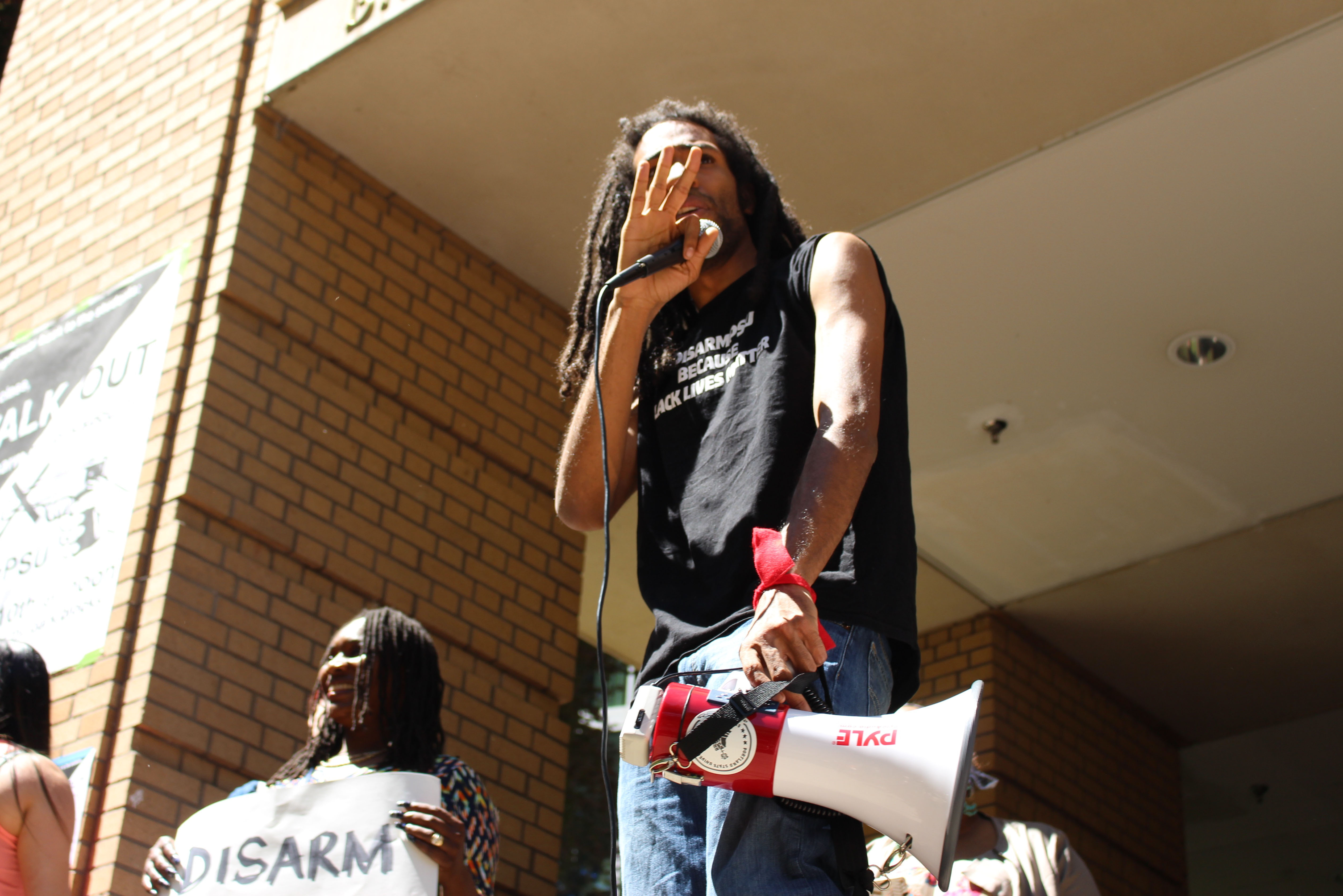
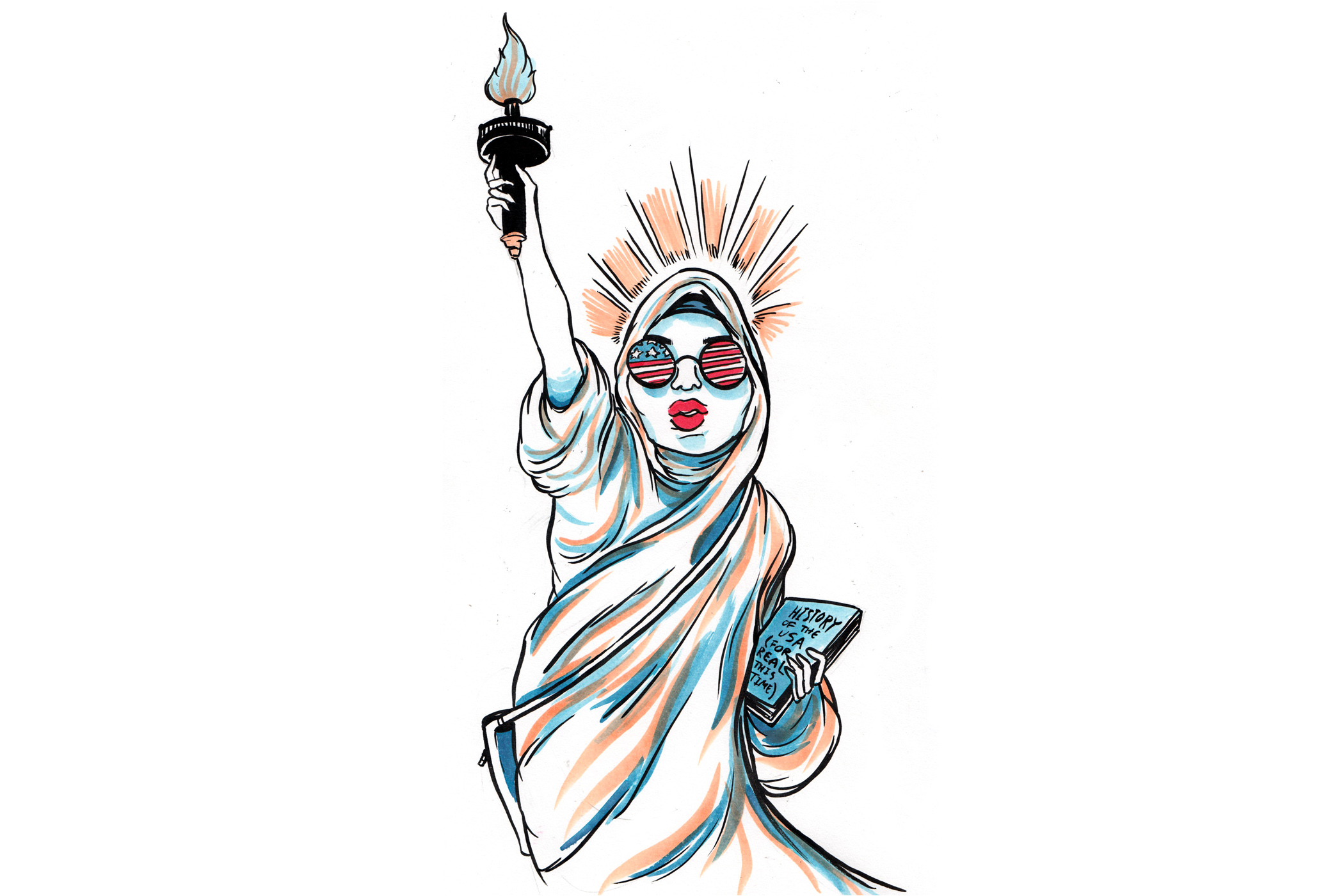
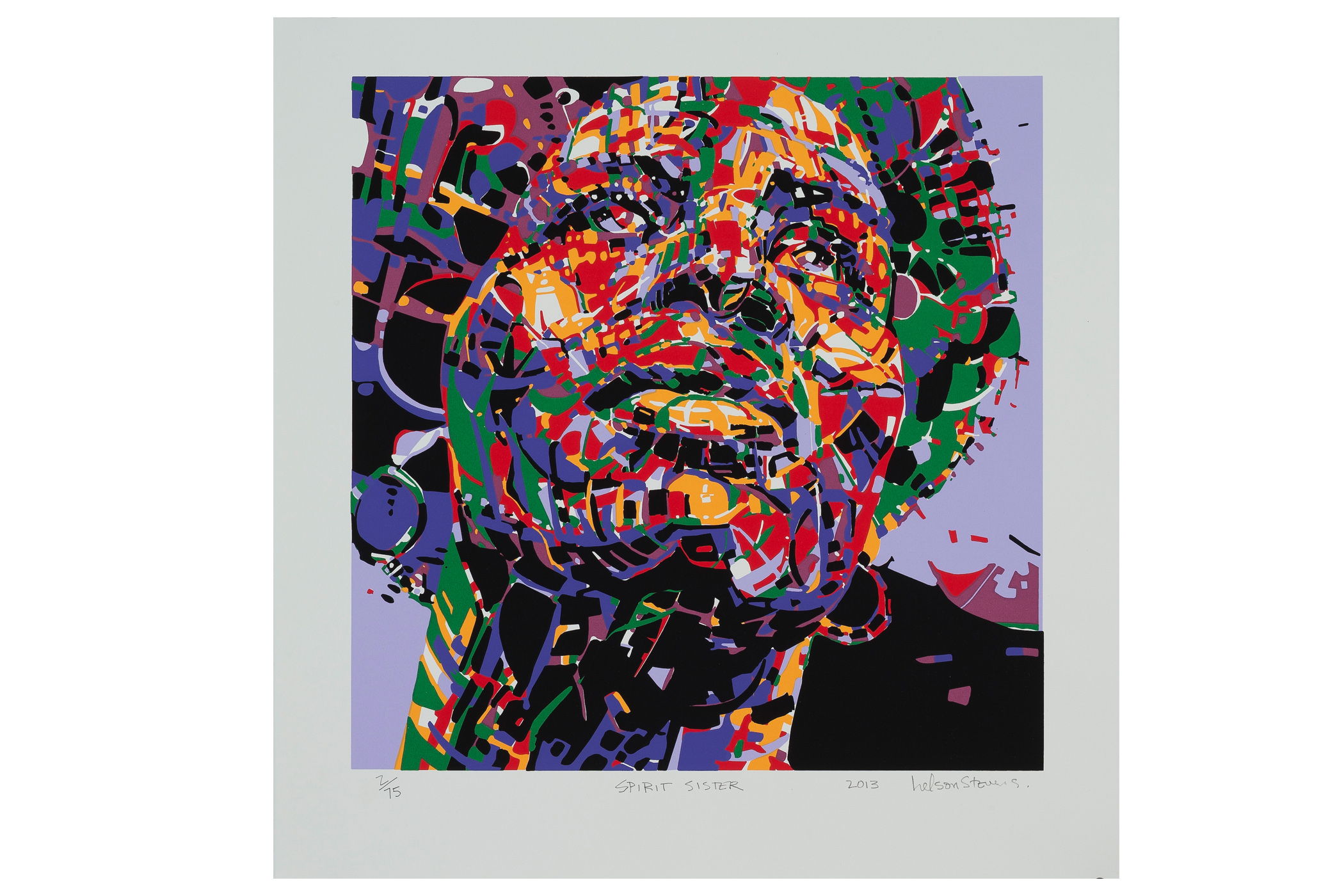
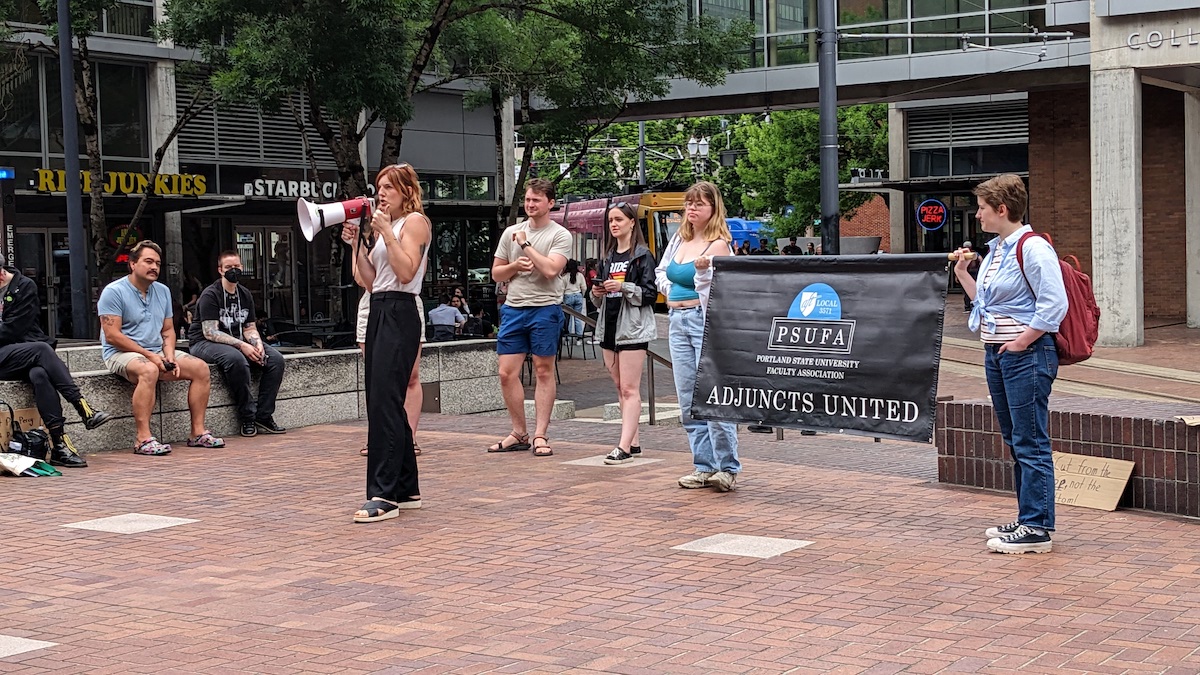
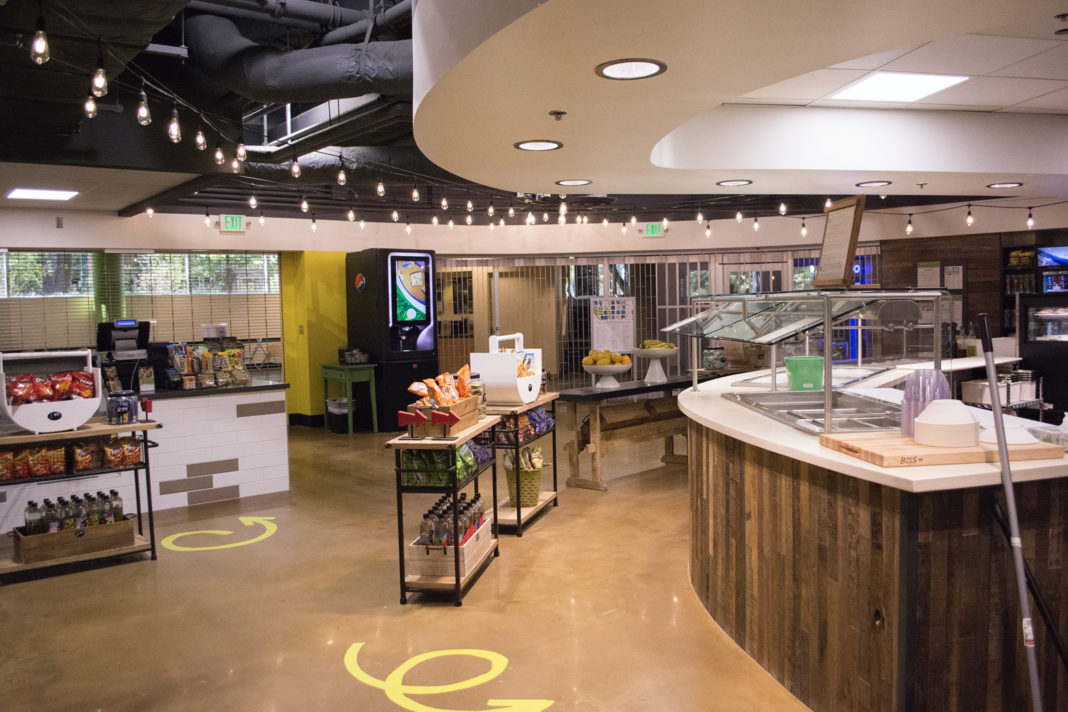
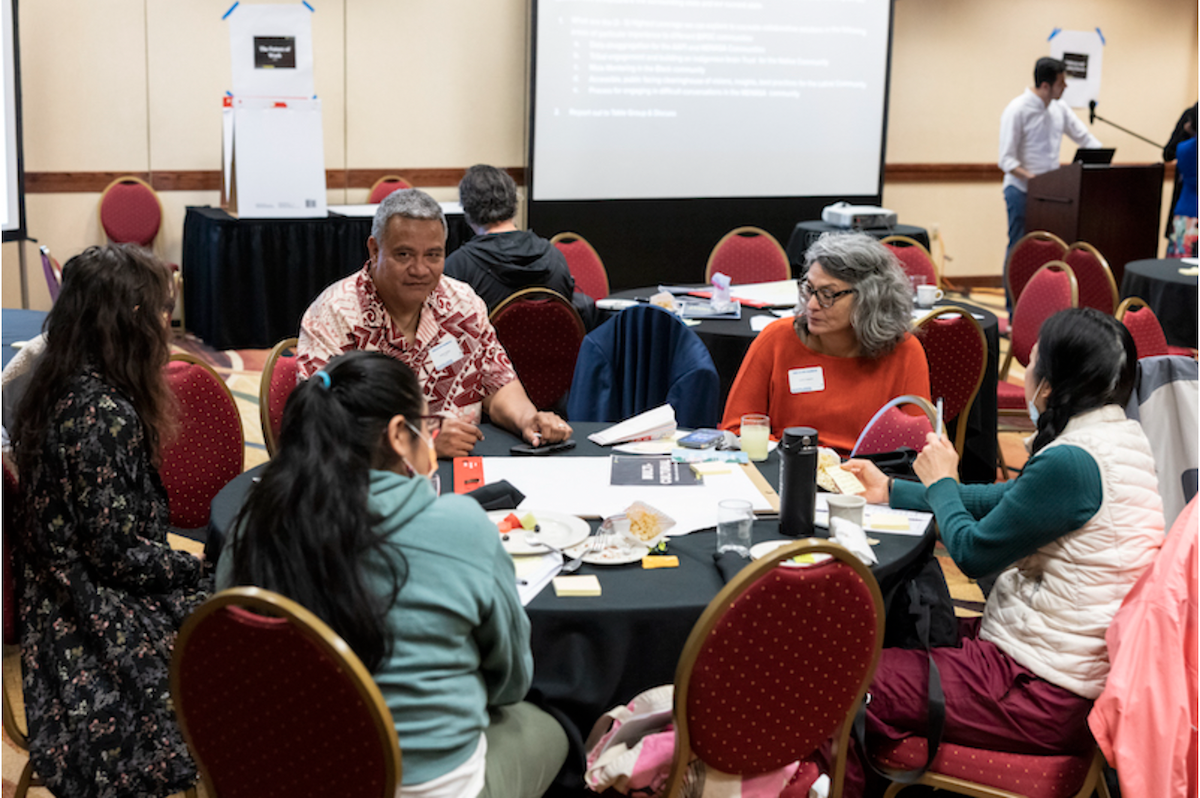
psu police are anti poor and anti homeless…..over 100 poor and homeless poeple are arrested on psu campus each year